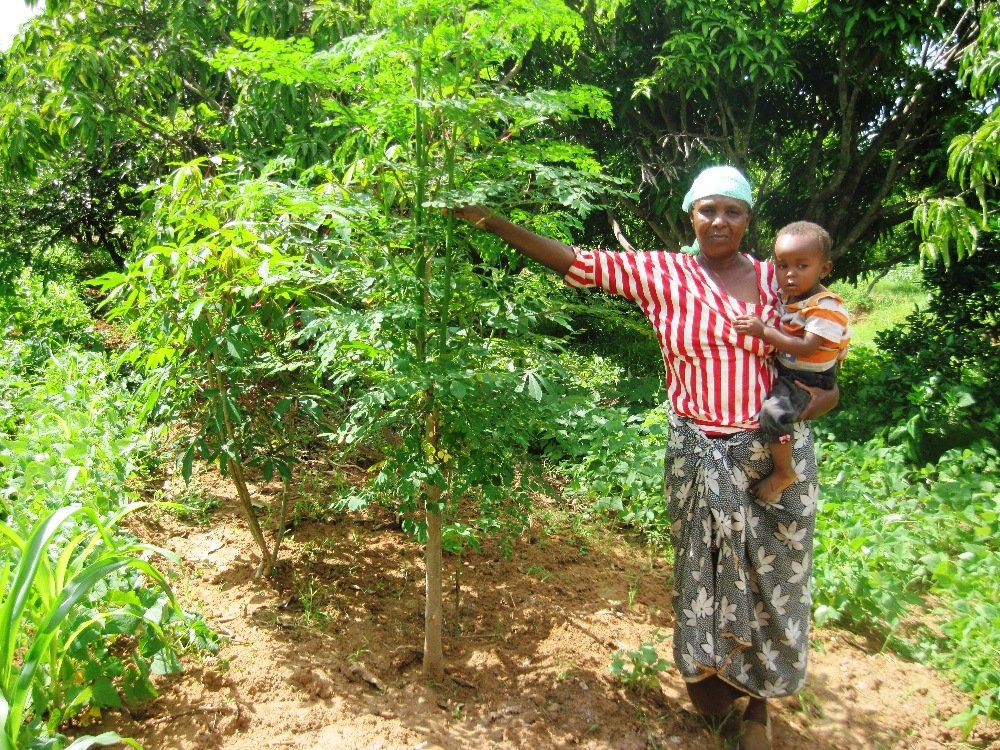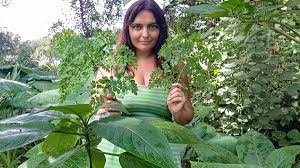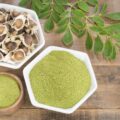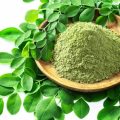According to the CDC, infertility is defined as not being able to get pregnant (conceive) after one year (or longer) of unprotected sex. Because fertility in women is known to decline steadily with age, some providers evaluate and treat women aged 35 years or older after 6 months of unprotected sex.
Pregnancy is the result of a process that has many steps. To get pregnant:
- A woman’s body must release an egg from one of her ovaries.
- A man’s sperm must join with the egg along the way (fertilize).
- The fertilized egg must go through a fallopian toward the uterus (womb).
- The embryo must attach to the inside of the uterus (implantation).
Infertility may result from a problem with any or several of these steps. In the United States, around 10 percent of women aged 15 to 44 years are estimated to have difficulty conceiving or staying pregnant. Worldwide, couples experience fertility problems. Between 45 and 50 percent of cases are thought to stem from factors that affect the man.
What is Moringa?
Moringa, scientifically known as Moringa oleifera is also called the “Miracle Tree”, because of its many medicinal properties. This plant is one of the most widely cultivated plants in the world. With its high nutritive values, every part of the tree is suitable for either nutritional or commercial purposes. The leaves are rich in minerals, vitamins and other essential phytochemicals. Extracts from the leaves are used to treat malnutrition, augment breast milk in lactating mothers.
Moringa is an important food source in some parts of the world. Because it can be grown cheaply and easily, and the leaves retain lots of vitamins and minerals when dried, moringa is used in India and Africa in feeding programs to fight malnutrition. The immature green pods (drumsticks) are prepared similarly to green beans, while the seeds are removed from more mature pods and cooked like peas or roasted like nuts. The leaves are cooked and used like spinach, and they are also dried and powdered for use as a condiment.
Moringa leaves stick out as a superfood because one cup of chopped leaves is considered a good source of iron, calcium, vitamin C, vitamin B6, and riboflavin and has notable amounts of potassium, vitamin A, vitamin E, and magnesium. In fact, the leaves are more concentrated in vitamin C than oranges. That means moringa can contribute to everything from better vision and immunity to bone health and skin radiance.
Powders made from its crushed leaves are packed with protein—3 grams of protein per tablespoon, in fact—and have a leg up on legumes because they contain all the essential amino acids, necessary for muscle repair, energy production, and mood regulation.
Moringa and fertility does it Work?
No, it does NOT work. Moringa leaves are highly nutritious and contain high amount of antioxidants which might help with fertility but not in any way different from what eating any vegetables would do. In fact Studies have shown that eating large amounts of moringa might be dangerous. Though the leaves give pregnant mothers plenty of vitamins and minerals, the extracts may cause uterine contractions. Lab studies show that moringa could lead to liver and kidney damage, as well as infertility.







